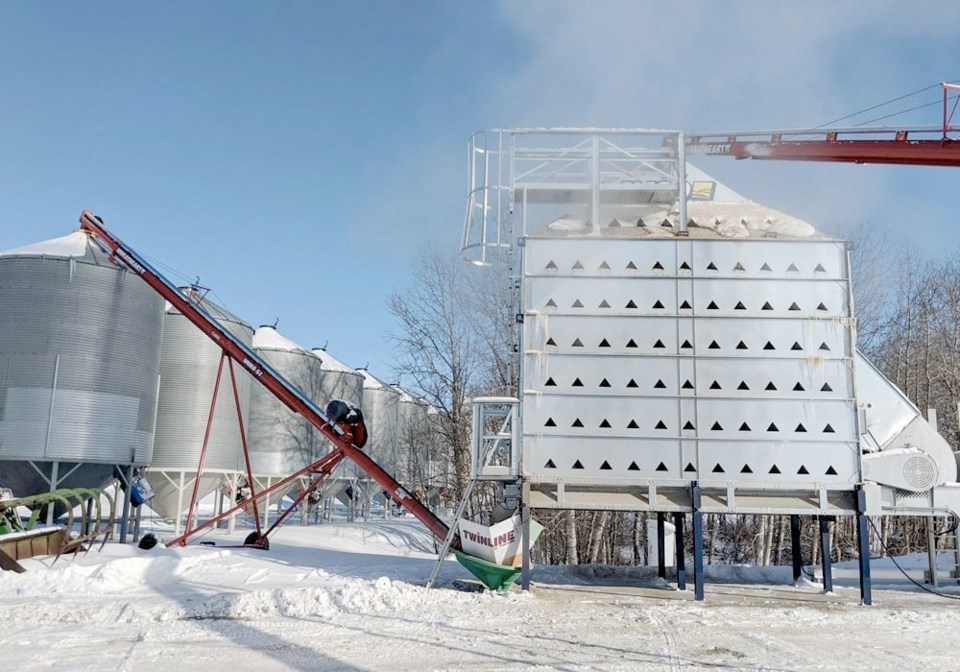REGINA — Bill C-234 was first on the agenda when Parliament returned Jan. 29 as members debated a motion to tell the Senate it was wrong.
Ontario Conservative MP Ben Lobb, who introduced Bill C-234 two years ago, is now asking MPs to send a message “that this House disagrees with the amendments made by the Senate to Bill C-234.”
The motion did not come to a vote and has dropped to the bottom of the order paper.
>However, with the exception of government House leader and Manitoba Liberal MP Kevin Lamoureux, those who spoke to the motion agreed with it.
“Groundhog Day is just a few days away and it feels like Groundhog Day again on this bill,” Lobb said as he began the debate.
He said discussion on the bill to exempt natural gas and propane used to heat barns and dry grain has taken long enough.
“What I would ask the other members of Parliament in the other political parties, is let’s not drag this out,” he said.
The bill spent considerable time in the Senate late last year and was amended to remove buildings from the bill and to shorten the length of the exemption from eight years to three years. Both of those amendments had already been defeated at the House agriculture committee.
Kody Blois, Liberal MP for Kings Hants and chair of that committee, said he supports the original motion. NDP agriculture critic Alistair MacGregor and Bloc Quebecois critic Yves Perron also said they supported it.
Agriculture Carbon Alliance co-chair Dave Carey said farmers want the original bill reinstated and voted on as quickly as possible.
“With a new growing season approaching and the next carbon price increase this spring, the necessity for financial relief is increasingly evident,” he said.
Co-chair Scott Ross said passing the amended version of the bill creates unjust inequity for farmers who have to pay carbon prices on essential activities.
Meanwhile, the Parliamentary Budget Officer released its assessment Jan. 23 of what the GST on the carbon tax costs all Canadians. In 2023-24, the GST paid by all Canadians is estimated at $486 million. That would rise to $1.015 billion by 2030-31.
Conservative agriculture critic John Barlow said those are staggering numbers.
“It’s no wonder that Canadians can’t afford to put food on the table,” he said during the debate.




